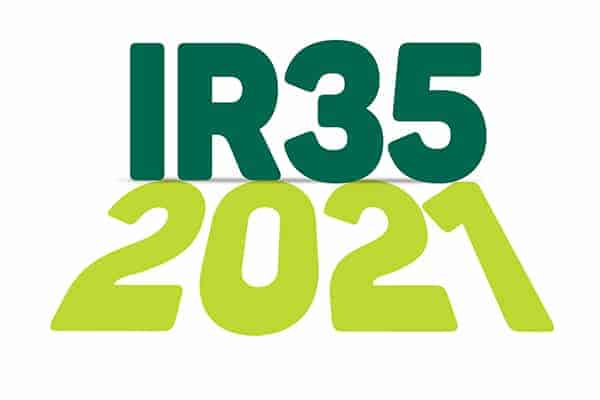
IR35 effective from April 2021
The Government has reaffirmed plans to make changes to off-payroll working (IR35) rules effective from April 2021.
The main principles of the new changes, which already apply in the public sector, create two key parties:
The “End Client” decision-maker
receives the services of the Personal Service Company (PSC) worker/contractor, and the end client’s obligation is to make a decision as to whether or not an engagement falls within IR35 (i.e. the individual is a deemed employee).
The “Fee Payer”
is the party responsible for ensuring the correct tax treatment is applied to the PSC. Gross payment of the PSC is outside of IR35, or NET (subject to PAYE) if the engagement falls within IR35. The Fee Payer is typically the party closest to the PSC in the contractual chain (i.e. the party physically paying the PSC).
This will affect any contractors working through a Personal Service Company (PSC), recruitment agencies and all large and medium-sized end clients.
Businesses that meet at least two of the following criteria are unaffected by the changes: those with a turnover of less than £10.2m a year, balance sheet assets of less than £51m, or those with fewer than 50 employees.
Although the principles of the legislation have not changed from that of the public sector legislation, the amendments have introduced additional burdens for the End Client businesses (and any other businesses in the chain, such as recruitment agencies).
Status Determination Statement (SDS)
As the decision-maker, the End Client must produce an SDS. This is a written determination which concludes whether IR35 applies to the engagement and the reasoning why/why not.
The legislation also states that reasonable care must be taken when providing this SDS. Therefore, it’s likely that blanket decisions or assessments on groups of people, rather than a case-by-case basis, won’t satisfy these ‘reasonable care’ conditions. However, whether HMRC will seek to address such decisions when the answer is ‘caught by IR35’ is highly debatable.
Once the Decision-Maker has produced the SDS, it must give this to the PSC worker, and to the party directly below it in the contractual chain. Effectively, this places the burden on the end client to inform the bottom most and top most parties in the chain below it of its decision.
Client-led disagreement process
The End Client must implement its own ‘disagreement’ process to allow the PSC to raise any objections to the SDS.
The legislation does not provide prescriptive steps on what this process should look like, but it does impose a 45-day time limit for the end client to respond to the PSC’s disagreement with the SDS. The End Client must then either: confirm its existing decision along with its reasoning, or issue a new SDS along with its updated reasoning. If a new SDS is produced, then it must be delivered to the relevant parties as above.
If the End Client fails to provide its reasoned response within the 45 days, it holds the position of Fee Payer for the purposes of the legislation. While the draft legislation does state that the End Client will not be held liable if false information has been provided, it does not take into account any delays or other circumstances. It is simply “you are a Fee Payer if you do not respond within 45 days”.
We therefore predict a huge burden on End Client organisations in the early days of the implementation. For those who prepare in advance of the legislation coming into effect and do not engage in discussions with PSCs, they could see themselves inundated with “disagreements” on day one of the new legislation (and will likely struggle to cope with response).
Transfer of debt
Aside from the party left holding the SDS and having the potential liability as Fee Payer, the legislation also grants provision, via amendments, to the PAYE regulations to seek recovery of any unpaid tax and NI from any “relevant person”.
So, contractors found to fall inside of IR35 will be required to have PAYE and NICs deducted at source from their income – the responsibility of this will fall to the fee-payer which will usually be the end client business or the recruitment agency depending on the contractual chain.
Conclusion
It appears that the Government intends for this to be a self-policing legislation and uncertainty remains as to how HMRC will tackle IR35 enquiries.
What we do know is that contractors will no longer be responsible for determining their IR35 status if they are engaged by a large and medium-sized company. So although there is little contractors themselves can do to prepare for the changes, PSCs can speak to their clients and agency ahead of the reform, understand their rights and review their status and keep a record of evidence to make the process as easy as possible.
Click here to download our handy pdf detailing the IR35 changes for 2021.


